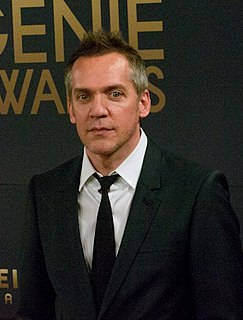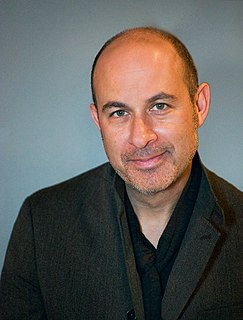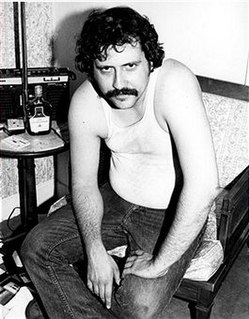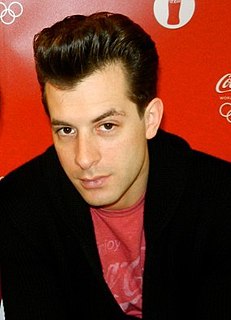A Quote by Tim Cahill
My first real writing job was at 'Rolling Stone,' so I wrote about rock-and-roll and politics and the like. At the time, I really didn't know what I wanted to write, and I did a bunch of investigative journalism.
Related Quotes
In 1952, Muddy cut the song 'Rollin' Stone.' It was a nationwide success, and the song echoes down through rock n' roll history. Bob Dylan cut a tribute by the same name, an English band decided to call themselves the Rolling Stones, and the magazine that first embraced music as a serious cultural phenomenon was itself called 'Rolling Stone.'
Anyone who does investigative journalism is not in it for the money. Investigative journalism by nature is the most work intensive kind of journalism you can take on. That's why you see less and less investigative journalism at newspapers and magazines. No matter what you're paid for it, you put in so many man-hours it's one of the least lucrative aspects of journalism you can take on.
Bob Wallace was my editor at Rolling Stone when I first started writing there, and he's a wonderful editor. I was in the Philippines during the Marcos overthrow, and I was up on what was called Smokey Mountain. I think it's gone now, but it was a garbage dump with a bunch of people living on it. I was talking to Bob on the phone, and I told him, "I'm a humorist. I can't write about this." And Bob told me to let my style be dictated by the subject, to take what I saw and write about it in the tone that it requires.
Many years ago I had two small children, and I wanted to be able to be home when they got home from school. And I didn't like the direction journalism was taking. I thought if I could write books, I could work at home and have the best of both worlds. I wrote my first mystery while still working full time, and it didn't sell, but the next one did sell, so I quit my job for the world of fiction. Scary, but I've never regretted it for a single day.
I was born in 1963. So the '70s were my teenage years. As a teenager, I was into rock and roll - Bowie, Rolling Stones, Pink Floyd, even more progressive music like Genesis, and I was into a lot of British rock and roll. But I loved also American rock and roll. CCR, Jimmie Hendrix, The Doors, Patty Smith, and Bob Dylan.
There's rock n' roll in hip-hop, there's rock n' roll in pop music, there's rock n' roll in soul, there's rock n' roll in country. When you see people dress, and their style has an edge to it, that rebellious edge that bubbles up in every genre, that's rock n' roll. Everybody still wants to be a rock star, you know?
Good rock 'n' roll is something that makes you feel alive. It's something that's human, and I think that most music today isn't. ... To me good rock 'n' roll also encompasses other things, like Hank Williams and Charlie Mingus and a lot of things that aren't strictly defined as rock 'n' roll. Rock 'n' roll is an attitude, it's not a musical form of a strict sort. It's a way of doing things, of approaching things. Writing can be rock 'n' roll, or a movie can be rock 'n' roll. It's a way of living your life.




































